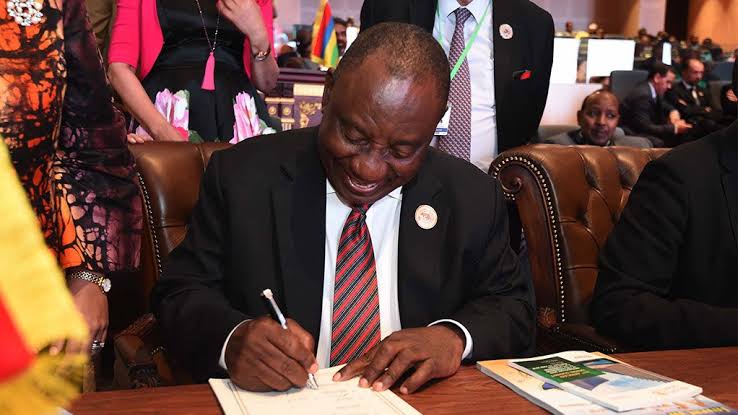By Johnathan Paoli
A mediation process involving Solidarity, the Basic Education Department and the Presidency is set to commence at the National Economic, Development and Labour Council (Nedlac) on Friday in a bid to address ongoing disputes regarding the Basic Education Laws Amendment Act.
The mediation comes in response to Solidarity’s notification of a planned protest against the legislation, scheduled for 5 November at the Union Buildings in Pretoria.
The introduction of the legislation has sparked significant contention, particularly concerning its provisions related to language and admission policies in schools.
Following the signing of the Bill into law by President Cyril Ramaphosa in September, Sections 5 and 6, which focus on these contentious issues, have been temporarily suspended for a three-month negotiation period.
Solidarity CEO Dirk Hermann said the union’s leadership was approaching the mediation with determination.
“We are entering the mediation with an open mind. We have a very strong case and will state our case loud and clear. The government deals recklessly with schools in general and particularly so with Afrikaans schools,” Herman said in a statement.
In preparation for the upcoming protest, the union served a Section 77 notice on Nedlac, seeking protection for its members who plan to participate in the demonstration.
Under the Labour Relations Act, Nedlac is mandated to explore resolutions to such disputes before proceeding with any planned protests.
Hermann emphasised the importance of the mediation, saying that it was crucial to exert pressure throughout the negotiation process.
“The march on November 5 is one part of this pressure. If no settlement is reached after the Nedlac mediation, Nedlac must issue a certificate which will mean that Solidarity members may participate in the march without employers being allowed to take action against them,” he said.
Meanwhile, Solidarity and civil rights group AfriForumare actively engaging in discussions with various political parties regarding the Act.
Hermann hinted at the intensity of the ongoing debates, exclaiming “sparks will fly in the next two months”, and indicated that the discussions were likely to become increasingly heated as the November protest approached.
Despite the mediation efforts, Solidarity has confirmed that the planned march would proceed as scheduled, regardless of the outcome of the Nedlac discussions.
A diverse coalition comprising Solidarity, other Afrikaans organisations, education institutions, parents and communities are expected to participate in the protest.
The controversy surrounding the law has ignited broader discussions about language policies in the country’s education system.
Advocates for Afrikaans education argue that the amendments threaten the viability of Afrikaans-medium schools, while proponents of the changes assert that the reforms aim to promote inclusivity and equity in education.
As the mediation process begins, all eyes will be on the negotiations at Nedlac.
The outcome could have significant ramifications not only for the Solidarity movement, but for the future of language and education policy in the country.
INSIDE POLITICS

